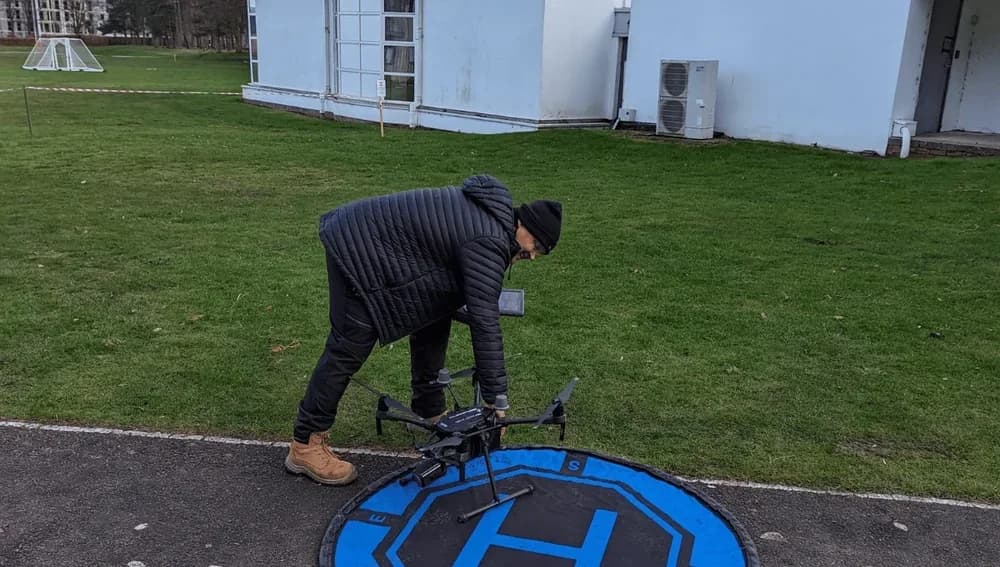
If you're a UK drone pilot, you'll need to understand the new RPC-L1. This foundational certificate becomes mandatory in April 2025, acting as your entry point into the SORA framework for more complex flights.
It's set to change the landscape for professional operations, but the real question is how it will affect your current permissions and what the transition looks like for existing drone pilots.
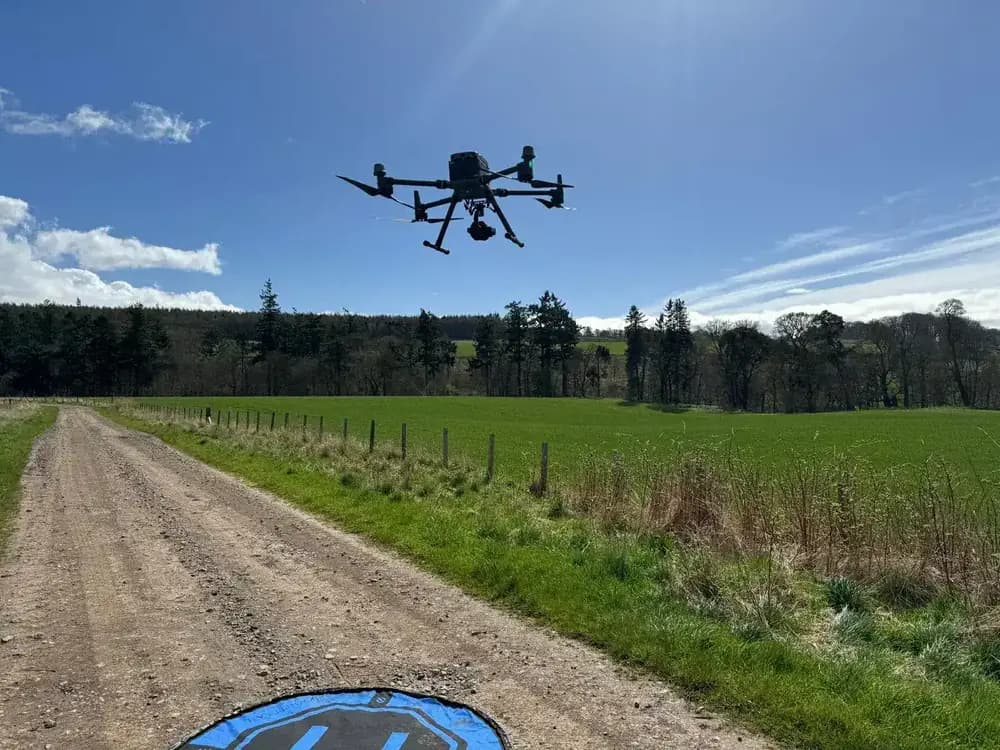
30 Second Summary
- RPC-L1 is the UK's new baseline drone pilot qualification for operations under the SORA framework.
- It authorizes Visual Line of Sight (VLOS) flights up to 120 meters above ground level.
- Certification requires passing theoretical knowledge exams and a practical flight assessment at a CAA-approved entity.
- Unlike the GVC, this certificate is specifically for operations assessed using the UK SORA risk model.
- This is the first step in a tiered system, allowing progression to advanced drone operations permissions.
What Is Drone RPC-L1 (Remote Pilot Certificate Level 1)
The new baseline qualification for drone pilots, the RPC-L1 (Remote Pilot Certificate Level 1) is your entry point for operating under the UK’s Specific Operations Risk Assessment (SORA) framework.
This new system officially replaced the previous Operating Safety Case (OSC) process on April 23, 2025, modernizing the pathway for professional drone operations. If you're looking to fly outside the standard 'Open' category rules, you'll start your journey here with the RPC-L1.
Think of it as the foundational step in a new, tiered skills system. This structure is designed to let you advance your capabilities progressively.
After securing your Level 1 certificate, you can work your way up through Levels 2, 3, and 4. Each level unlocks more complex operational permissions, eventually leading you to highly advanced flights, including Beyond Visual Line of Sight (BVLOS). It’s your career launchpad for more ambitious operations.
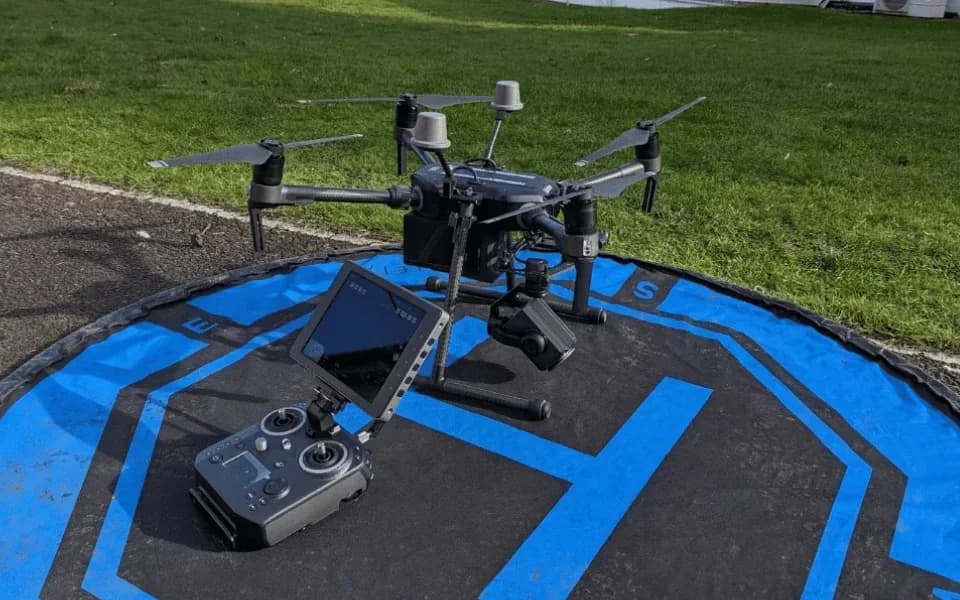
What the RPC-L1 (Remote Pilot Certificate Level 1) Drone Licence Covers
Once you've earned your RPC-L1, you're qualified to conduct Visual Line of Sight (VLOS) operations up to 120 meters above ground level under a UK SORA-based Operational Authorisation.
This qualification certifies you've mastered essential theoretical knowledge, including drone laws law, navigation, meteorology, human factors, and UK SORA principles. Your practical skills are also validated through a flight assessment that covers standard VLOS drills, precise navigation techniques, and critical emergency procedures.
Your certificate is issued specifically for the drone class you're tested on, either for rotorcraft (RPC-L1R) or for aeroplanes (RPC-L1A).
While the licence is valid for five years, you must actively maintain currency to use its privileges. To do this, you're required to log a minimum of two hours of flight time every 90 days, ensuring your skills stay sharp and compliant.
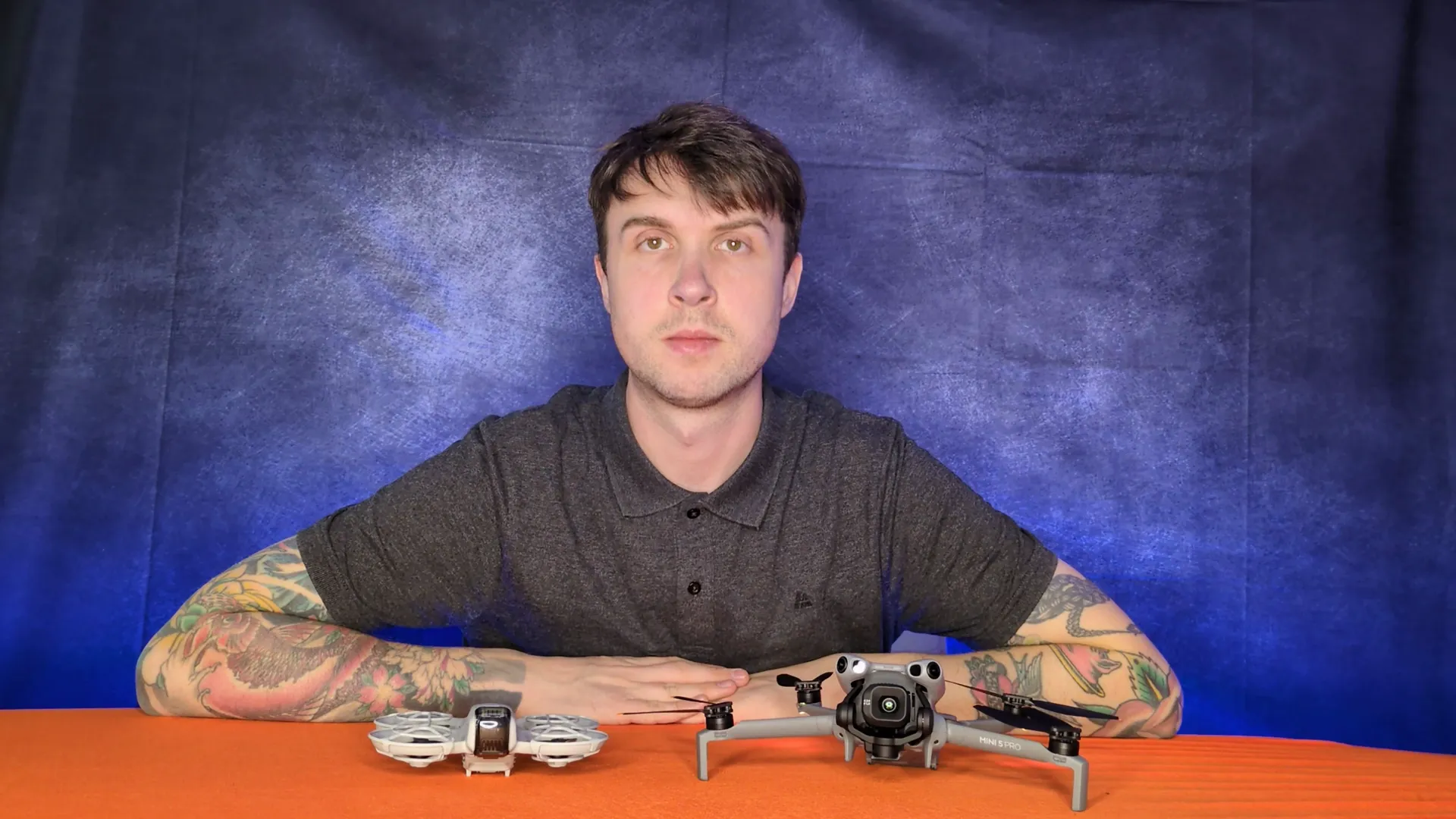
Obtaining A RPC-L1 (Remote Pilot Certificate Level 1) Drone Licence
Earning your RPC-L1 qualification involves a structured process set by the UK Civil Aviation Authority (CAA). First, you'll need to complete the Open category's online training and pass its test to receive your Flyer ID. With your Flyer ID, you'll enroll in a mandatory theoretical knowledge and flight instruction course at a CAA-approved Recognised Assessment Entity (RAE).
This comprehensive training covers crucial subjects including air law, navigation, meteorology, and UK SORA principles. To complete the process, you must pass both a theoretical exam and a practical flight assessment administered by your chosen RAE.
It’s important to note if you already hold a valid General Visual Line of Sight Certificate (GVC), you're exempt from taking the theory exam. Your final RPC-L1 certificate is then issued specifically for the drone type used during your practical test: either rotorcraft (RPC-L1R) or aeroplane (RPC-L1A).
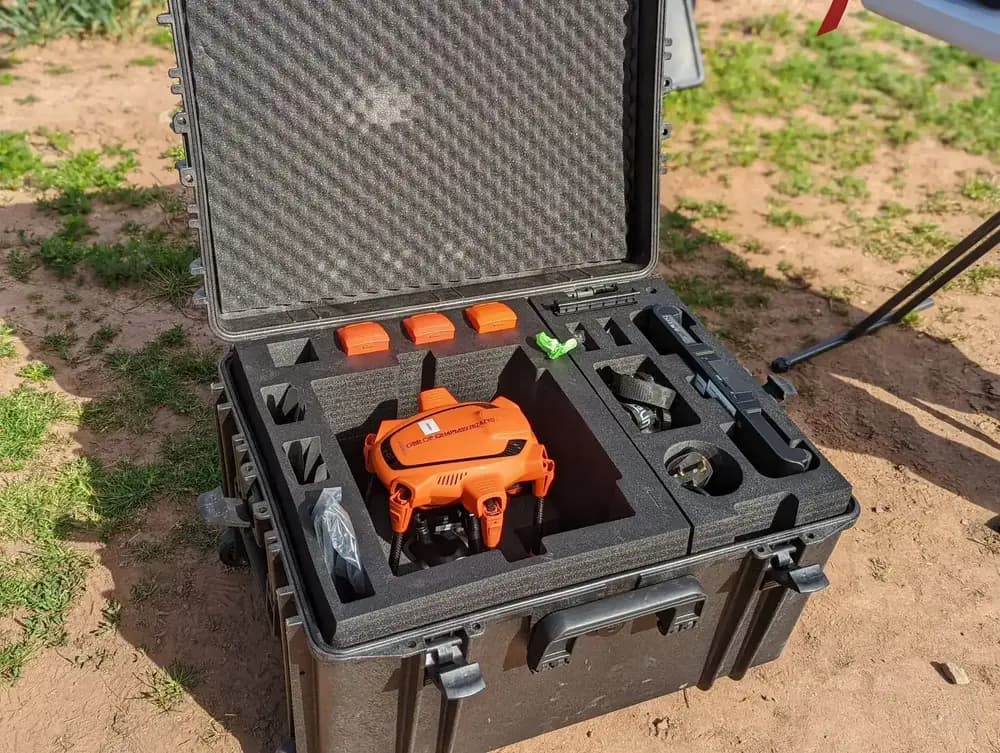
RPC-L1 vs. GVC Drone Licence
While your General Visual Line of Sight Certificate (GVC) is still valid for standard VLOS operations under PDRA-01, you'll need the RPC-L1 for new operations that fall outside that scope and must use the UK SORA methodology. The key difference is their regulatory basis.
Your GVC authorizes flights under the pre-defined risk assessment (PDRA-01), remaining valid until at least March 2026.
Conversely, the RPC-L1 is specifically for operations you assess using the UK SORA framework. Think of it as the new entry point for SORA-based VLOS.
Its syllabus focuses purely on your drone pilot skills and SORA principles, differing from the GVC’s broader curriculum which also covers operator requirements. While both certificates share a five-year validity, the RPC-L1 is the essential first step for pursuing future, more complex remote drone pilot qualifications—a structured progression path that the GVC doesn't provide within the SORA framework.

Remote Pilot Certificate Progression Pathway
The RPC-L1 marks your entry into a structured progression pathway. It's the foundational qualification within the UK's tiered Remote Pilot Certificate (RPC) framework, designed for drone pilots who want to go beyond standard permissions. This initial certificate specifically authorizes you to conduct Visual Line of Sight (VLOS) operations in low-risk environments.
From this starting point, you can advance your qualifications to tackle more complex missions. To progress to RPC-L2, which allows basic Beyond Visual Line of Sight (BVLOS) flights in low-risk, segregated airspace, you’ll need your RPC-L1 and 50 logged flight hours.
Further levels, like RPC-L3 and RPC-L4, unlock operations in moderate-risk shared airspace and high-risk controlled airspace, such as near airports. This modular system provides a clear career path, aligning each certificate level with a specific Air Risk Class (ARC). For future-proofing your qualifications for BVLOS, the RPC-L1 is your necessary starting point.
Frequently Asked Questions
How Much Does the RPC-L1 Course and Certificate Cost?
You'll find that the cost for your course and certificate varies quite a bit between training providers, as they set their own prices. You should expect to pay several hundred pounds. This fee typically covers your theory course, the online exam, and the practical flight assessment. It's a good idea to compare different schools, as some packages may not include everything. Don't forget to check if there are extra fees for exam resits.
How Long Is the RPC-L1 Valid and How Do I Renew It?
Your certificate's valid for five years from its issue date. For renewal, you don't retake the entire course. Instead, you'll contact the training provider who issued it. They will guide you through their specific process, which usually involves a shorter renewal course and theory test. You'll also need to present your flight logs to demonstrate you've maintained your flying competency. It's best to start this process well before your certificate expires.
Do I Need Specific Insurance With an RPC-L1 Certificate?
Yes, you'll need specific insurance depending on your operation. If you're flying commercially for any kind of reward, you must have drone insurance compliant with regulation EC 785/2004, regardless of the drone's weight. For purely recreational flights, this regulation only applies to drones over 20kg. However, the CAA strongly recommends you get public liability insurance for all your operations to protect yourself from potential claims in case of an accident.
Is My UK RPC-L1 Valid for Use in Other Countries?
Your UK certificate's validity generally doesn't extend to other countries. Each nation has its own civil aviation authority and specific drone regulations, so it's not an international license. Before flying abroad, you'll need to research that country's laws. You'll likely have to obtain a local permit or qualification to operate legally. Don't assume your UK credentials are valid; you must confirm compliance with the local authorities where you intend to fly.
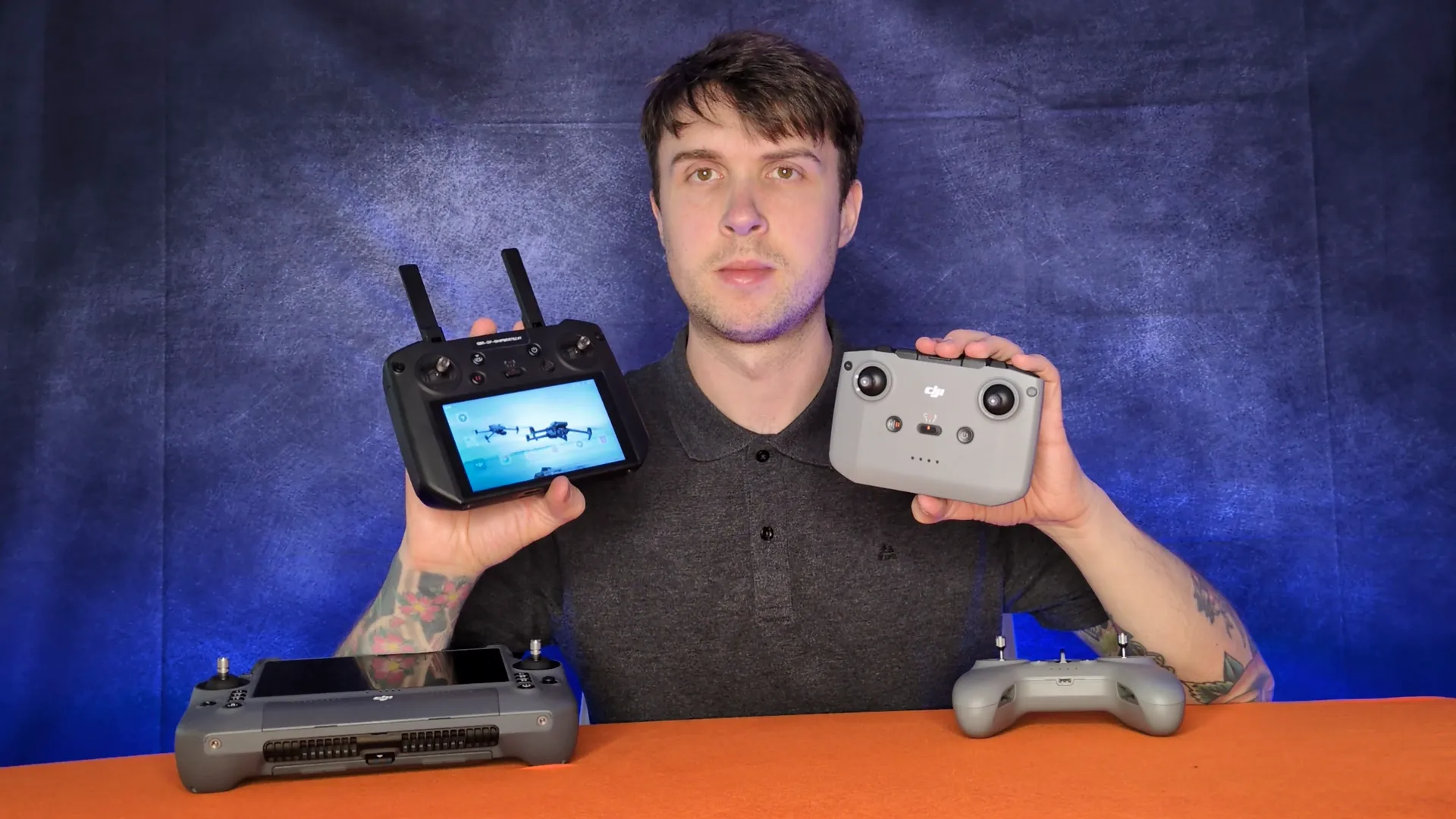
What Is the Minimum Age to Obtain an RPC-L1 Certificate?
You'll find there isn't a strict legal minimum age set by the CAA to get your certificate. However, the Recognised Assessment Entity (RAE) you choose for your training has its own age policy. You're typically required to be at least 12 years old to enroll in the course and take the exam. You should always confirm the specific age requirement directly with your chosen training provider before you commit to starting the course.
Find Your SORA-Compliant Drone Pilot in the UK
The introduction of the RPC-L1 certificate marks a significant shift in UK drone regulations, creating a new standard for professional drone pilots operating under the SORA framework. For businesses, navigating this changing landscape to find an appropriately qualified drone pilot presents a new challenge: ensuring your chosen professional has the specific, up-to-date certifications for higher-risk operations.
HireDronePilot directly addresses this challenge. Our network is composed of professional drone pilots across the UK who hold the latest CAA qualifications, making them ready for projects under the new SORA framework. As the UK's premier managed marketplace, we specialise in connecting businesses with verified professional drone pilots for hire. Our unique platform allows you to streamline drone services through competitive bidding, ensuring quality, compliance, and value for every aerial project across the United Kingdom.
Ensure your next aerial project meets the latest SORA standards. Find the certified UK drone pilot you need at HireDronePilot.uk and receive competitive quotes from top professionals ready to deliver exceptional, compliant results.
About the Author

Written by
Peter Leslie
Peter Leslie is a CAA-approved commercial drone pilot with 10+ years experience and over 10,000 flight hours. He holds the GVC and A2 CofC drone licences with full CAA Operational Authorisation. Peter is a member of ARPAS-UK, the UK's non-profit trade association for the drone industry. He founded HireDronePilot to connect UK businesses with qualified, insured drone operators.
Looking for More Drone Work?
Join the UK's leading network of professional drone pilots and grow your business.
Open Access
Bid on any job - all jobs open to all pilots
Grow Revenue
Access high-value commercial projects
Stay Busy
Fill your schedule with regular work
Related Articles

Our Drone Survey Service In Stirling, Scotland
Bringing you Stirling drone survey data from areas no one else can fly.

How Much Does A Drone LiDAR Survey Cost
Forecasting your drone LiDAR survey cost requires understanding what's hidden beyond the initial quote.
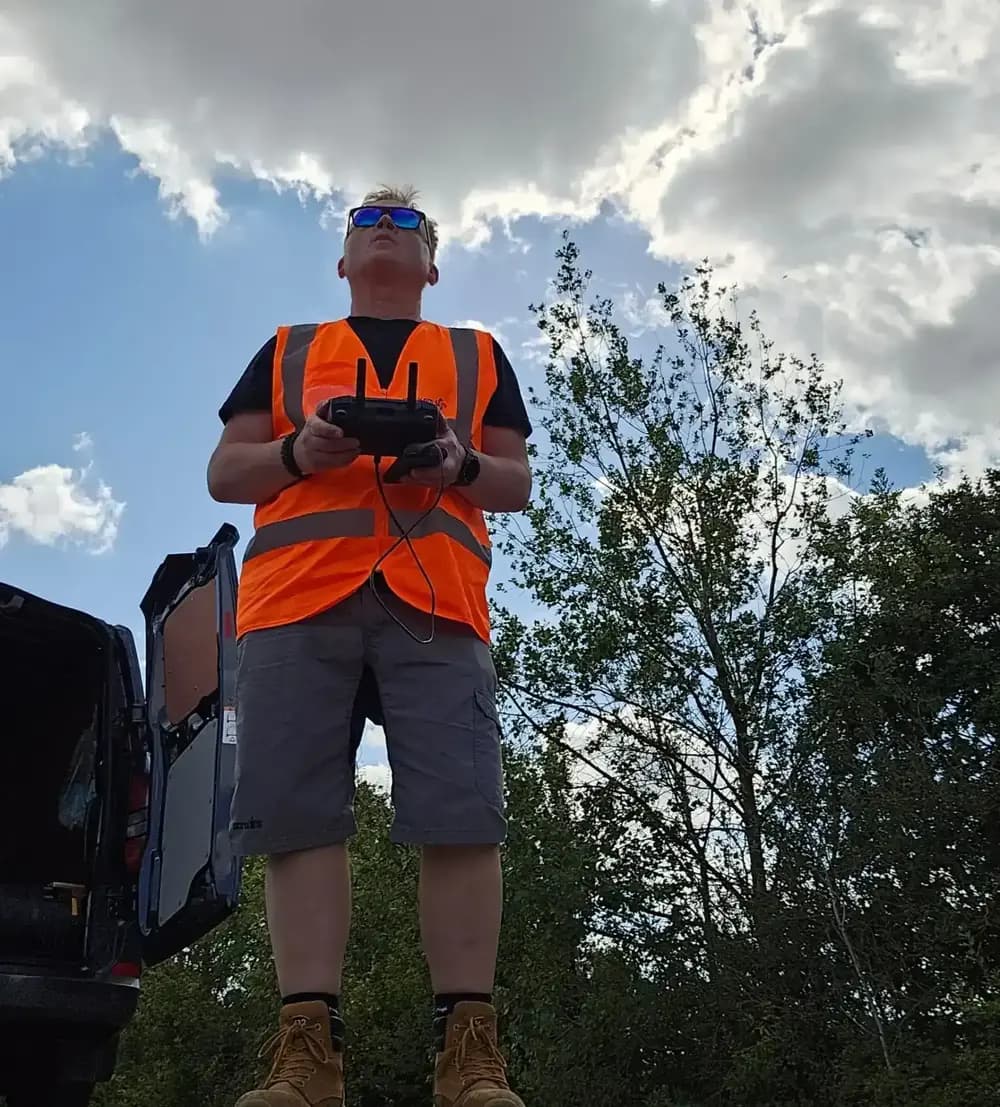
Step By Step Process Of Drone LiDAR Survey
Next, discover the crucial post-flight steps that determine your survey's success.
